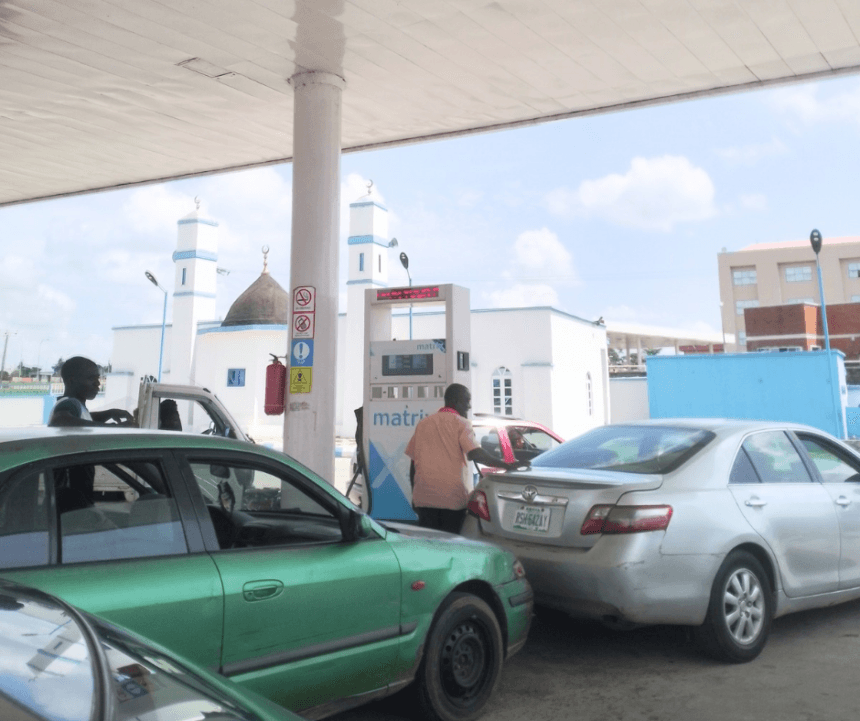…confirm petrol loading complications during rainstorms, lightning due to safety regulations
Oredola Adeola
Fuel scarcity currently affecting Abuja, Lagos, and other parts of Nigeria is attributed to recent thunderstorms and flooding, which have severely disrupted logistics and transportation of petrol, according to the Nigerian National Petroleum Company Limited (NNPC Ltd).
Olufemi Soneye, NNPC Ltd’s Chief Corporate Communications Officer, announced on Monday that the thunderstorms had affected berthing at jetties, truck load-outs, and transportation to filling stations.
Advisors Reports confirmed that petrol loading is always complex during rainstorms and lightning due to safety regulations.
Meanwhile Soneye explained that the adverse weather condition has also affected berthing at jetties, truck load-outs, and transportation of products to filling stations, causing a disruption in station supply logistics,
He noted that the flooding of truck routes has further constrained the movement of Premium Motor Spirit (PMS) from coastal areas to Abuja.
Soneye reassured the public that NNPC is collaborating with relevant stakeholders to resolve these logistical challenges and restore a seamless supply of petrol to the affected areas.
He mentioned that loading had already resumed in regions where conditions had improved, and normalcy is expected to return soon.
The NNPC also urged motorists to avoid panic buying and hoarding of petrol.
Corroborating the NNPCL’s statement , Clement Isong, Executive Secretary of the Major Energy Marketers Association of Nigeria (MEMAN), confirmed that there is no shortage of petrol.
Isong stated that the heavy rains and storms had temporarily disrupted logistics at depots, leading to the observed fuel queues.
“The supply chain was disrupted for a few days last week following the heavy rain. Petrol cannot be loaded during rainstorm and lightning.
“The roads were flooded, and trucks either could not move or were moving slowly. So we lost two or three days of loading activities, and it’s the backflow of this that has led to the queues,” Isong said.
Isong assured that the logistics issues are being addressed, and the fuel queues are expected to phase out as normal operations resume.




